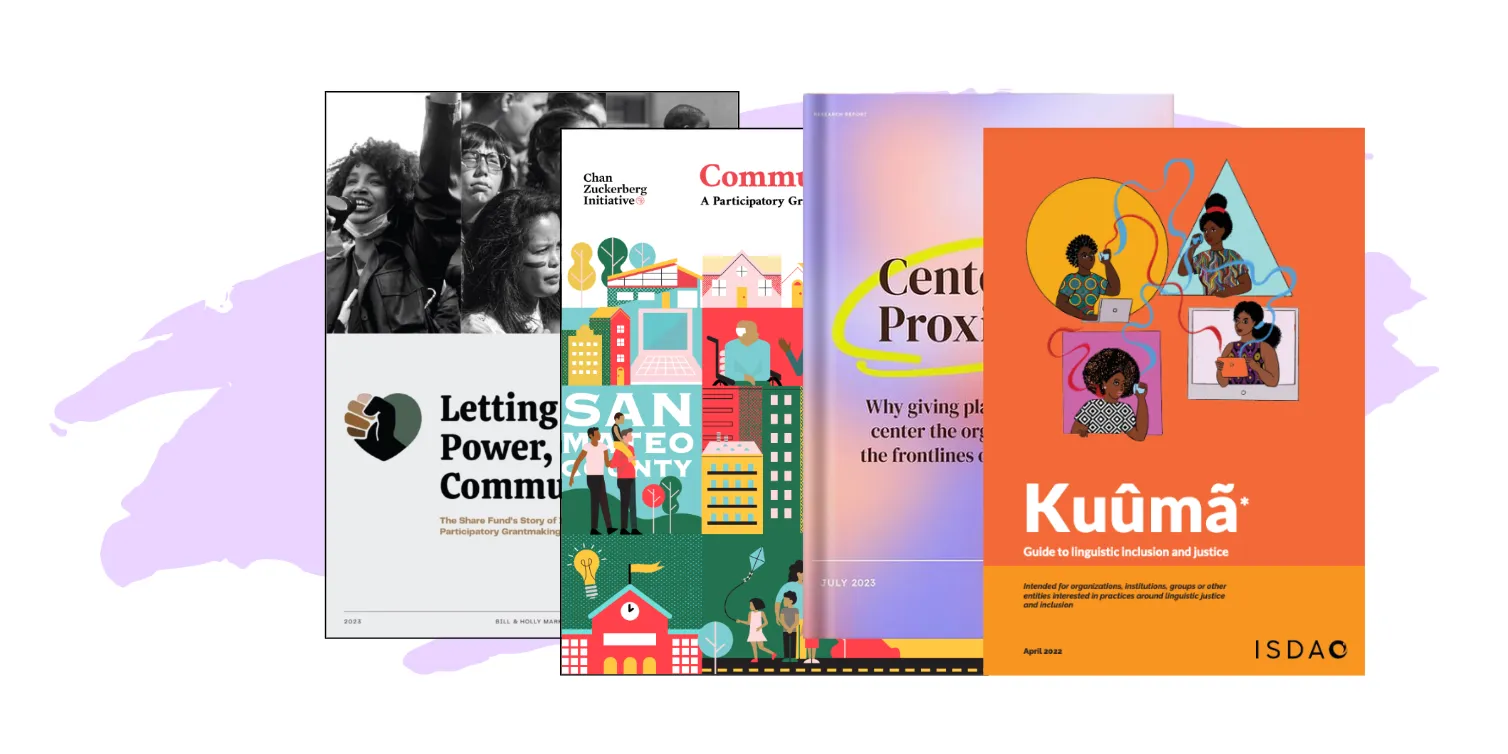The Israeli assault on Gaza is a watershed moment in global philanthropy.
Over the past several weeks, the conflict has brought quiet debates in philanthropy into sharp relief. Some donors that previously gave to Palestinian NGOs have cut funding. Others have spoken out despite internal disagreements. Many leaders have simply gone quiet.
Amid this activity, dozens of funders recently signed onto an Open Letter for Humanity and Justice, calling for an immediate ceasefire and unimpeded passage of humanitarian aid. The signatories list represents a wide cross-section of grassroots philanthropy leaders: including the Human Rights Funders Network, Global Greengrants Fund, Thousand Currents, and Participatory Grantmaking Community.
The Rawa Fund has been a key voice in driving these difficult conversations. Rawa launched in 2018 as a participatory Palestinian alternative to the top-down philanthropy and international aid model. They have run three rounds of their participatory grantmaking process, where committees from across historic Palestine collectively decide on grant priorities.
They are also one of the more visible Palestinian-led foundations; Rockefeller Philanthropy Advisors included Rawa on a list of reputable organizations doing good work in Gaza.
Since the start of the war, the Rawa team has been actively focused on organizing philanthropy around Palestine. In October, they organized a statement in response to funding cuts that was signed by many grassroots Palestinian groups. Last month they launched their accountability work – monitoring and mapping foundations that have slashed funding to Palestinian partners or put pressure on grantee partners.
Soheir Asaad is Rawa Fund’s Director of Advocacy. A Palestinian feminist and political organizer, Asaad is a long-time human rights advocate and legal researcher; she holds a Master's degree in international human rights law from the University of Notre Dame. She leads advocacy work at Rawa and is also co-director of the Funding Freedom project.
You may have seen this video of Asaad from the Edge Funders Alliance conference, that has been viewed more than 300,000 times on social media, where she speaks passionately about philanthropy and the Palestinian cause.
I spoke with Asaad about the Rawa Fund’s funder accountability work, their overall vision of liberatory philanthropy, and what comes next for their core participatory grantmaking process. In our conversation, she speaks about the “trauma of fragile solidarity”, and her vision of mutual aid and collective support in Palestine.
In mid-November, the Rawa Fund facilitated an open meeting for donors around the world, to share your work monitoring the behavior of funders around Palestine. What do you hope to achieve with this work?
First of all, funder accountability didn’t start at this moment. Palestinians have been talking about the issues that come with foreign funding for many years, going back to before the Oslo Accords – I don’t think any people in the world have had as many conversations about funding as we have.
Since October 7, we have watched as donors have punished their grassroots Palestinian partners in a number of ways: by cutting funding; changing their policies; or putting pressure on staff or grantee partners behind the scenes. We are working, alongside groups like the European Legal Support Center coalition to monitor these changes, and map out what we learn.
We have been collecting and documenting statements from donors who have announced they are cutting or freezing funds to Palestinian partners, or quietly changed their funding policies to become more restrictive. We are also monitoring donors that have sent messages to Palestinian partners indicating some type of increase in scrutiny around their work, or put pressure on their own staff to restrict political expression. And funders who issued statements that were tuned down and ignored the context of colonization.
On another track, we are also working to apply internal pressure on philanthropy. Can the sector leverage its power to push back against the harms that come from funders at times like this – harms like offloading risks onto movement partners and abandoning movements when they actually gain strength and funders feel at risk?
We're one of several groups leading difficult conversations with funders, moving funders into deeper solidarity with Palestinians, addressing backlash, and offering funder education. Others include Funding Freedom, Solidaire Action, Grassroots International, and some members of the EDGE Funders Alliance network. We also anchor an ad hoc organizing group with Purposeful and Grassroots International. In all of these efforts, we stress how important it is to centralize the voices of Palestinians, the discourse of Palestinians.
What interests us in accountability is not going after the mainstream foundations or governmental agencies that aren’t even ashamed to put their position out. We want to pursue accountability of progressive donors, who have made Palestine an exception [to their principles of equity and justice].
Rawa Fund recently put out a statement in response to threats to halt foreign aid, which has been signed by several dozen grassroots Palestinian groups.
It says, among other things, that “The determination of Palestinian organizations is to work without dependence on aid from any quarter”, and calls to replace foreign aid with “mobilizing and employing resources at our own disposal.”
What does that look like?
What we’re seeing now is not Palestinians complaining about donors cutting their funds. Instead, we’re seeing Palestinian groups proactively taking positions to cut their partnerships, and not wait for funders to punish them.
I think the growing realization for many grassroots leaders has been that funding has harmed us; that money has been part of a pattern of harm and violence that we have seen directed at Palestine for years.
And I think that this harm is a global issue. Philanthropy has largely built its wealth on stolen resources from the Global South, and is complicit in the racialized capitalist systems and the legacy and current reality of colonialism. As in Palestine, the issue is always the source of those resources, who controls them, and what harm and co-optation of movements they lead to. Palestine is a stark manifestation of that.
For so long, donors have been sending us money through the back door, without actually engaging in solidarity. Whether it’s government funding or philanthropic dollars, funding has been used to dictate what our civil society work looks like.
It has been used to censor our political discourse and our strategies. It has fragmented our community – into ‘48, and Gaza, and Jerusalem and the West Bank and refugees – breaking our cause into bits and pieces of professional work and “thematic priorities” and “frameworks.. These dollars have made the liberation movement more individual, more competitive – in a way it has killed any infrastructure for a joint community struggle.
We Palestinians deserve to be treated not as passive agents, but as productive agents who can say: We have our own conditions about who can support us and who can be our partner – who is a trusted ally and who is not.
It is heartbreaking and very difficult to go through this transition, but at the same time we have more clarity than ever on how to shift to funding based on solidarity.
The statement also calls for “nurturing the spirit of participatory work, volunteerism and giving”. What does that look like?
Our work at Rawa is to manifest that there is another way possible – that we have the power and resources already in our community.
Rawa’s participatory grantmaking model allows us to bring members of the community together to collaborate. For example, if we bring together a farming collective and an initiative building a new women’s center, why can’t the farmers create a garden for the center? Rather than the women’s center needing to go out and fundraise. We believe we can have communal aid – a network of power and resources, away from the competition of traditional funding.
We need to shift the way we approach community liberatory work. We have so much to unlearn after all the harm inflicted on us. We want to start the conversation not with “How much money do we need from funders?”, but rather, “What is our agenda, how do we want to pursue it, and what kind of resources and knowledge do we already have in our community?”
Then we can say, OK, we need larger financial resources to see this bigger vision through, so who wants to support us in solidarity? And can these resources be an “investment” in ending dependency on donors? Would donors be bold enough to strengthen the movement by supporting their own irrelevance?
These are the kind of conversations we’ve been having at Rawa for a long time – talking about different ways to shift power to our [Palestinian] hands, to end the fragmentation of our work. Only now we’re having them with many others who are interested in making this change.
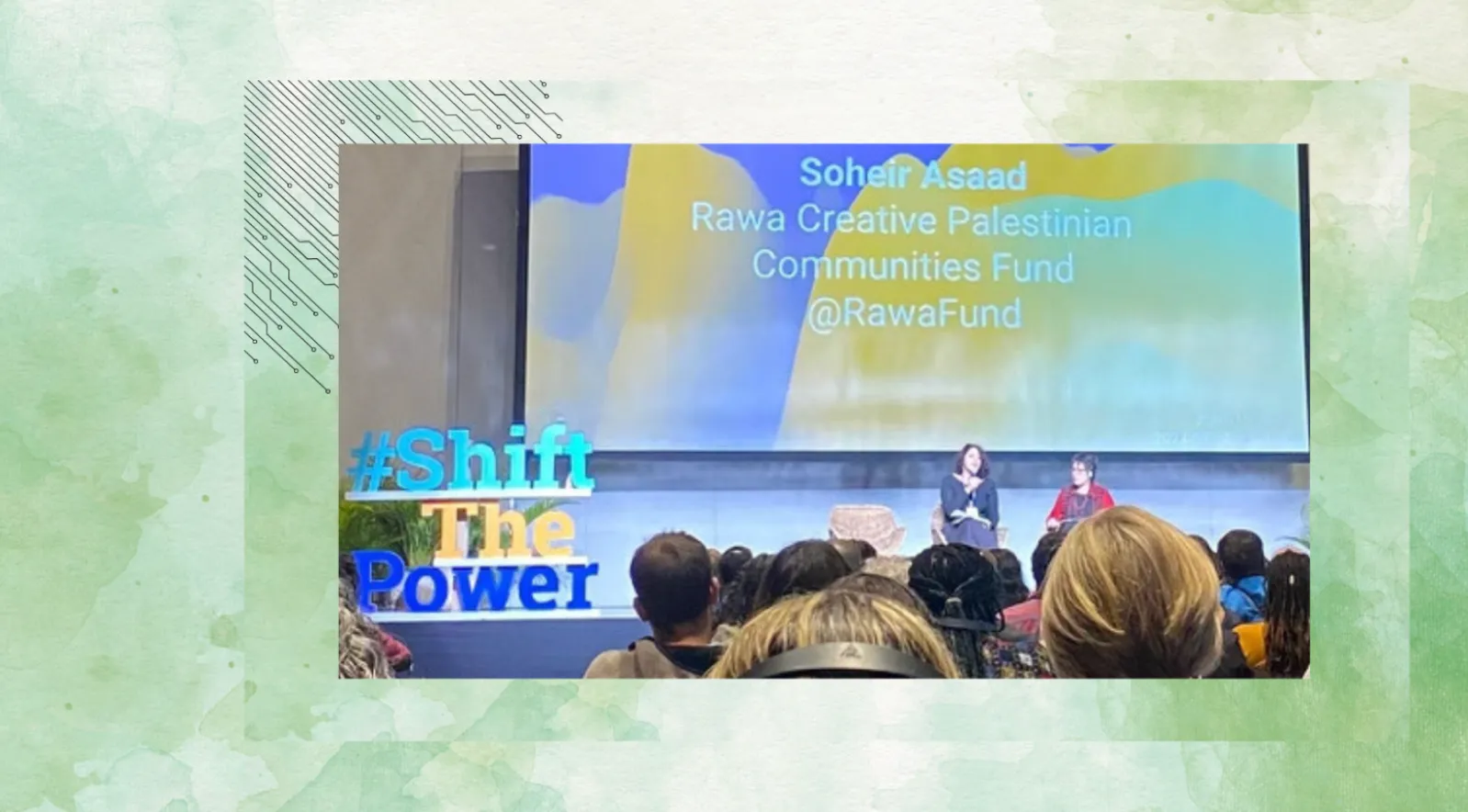
What does the future of Rawa’s participatory grantmaking model look like? Are you involved with the humanitarian aid being distributed in Gaza today?
Obviously, humanitarian aid is needed in Gaza right now. We have broader concerns about the weaponization of aid, but we cannot get around [that fact]. The actors who are offering that support are generally big organizations that can operate at that scale, and they are giving to the usual suspects.
At Rawa we don’t do emergency work (though it can be argued that Palestine is always in a state of emergency). Instead, we offer more sustainable support for small groups and initiatives, with the goal to build the infrastructure of the grassroots, alongside partners like Dalia Association.
The type of groups we support in Gaza are often grassroots-based; many are unregistered. They are unlikely to receive much support in the current influx of funding. So our priority moving forward is to help those organizations that expect to be abandoned especially once all this aid dries up. We want to make sure they survive, that they are able to rebuild and get back on their feet.
What’s next? Are donors responding to your organizing and advocacy work?
Donors have been showing up to meetings, like the call we facilitated around our monitoring and accountability work. There is a core, growing group of people who are anchoring this work, who have shown they are in this movement for the long-haul.
We are also seeing new funders showing up in these spaces. This increased interest is a good thing. I’m hopeful for what we can accomplish with large-scale solidarity efforts, and I’m glad that movements (from Palestine and mainly the global South) are taking the lead in these spaces, and challenging philanthropy as a political question.
But I do worry if some of those efforts end up coalescing around limited, watered-down aspirations – because unfortunately we Palestinians have a trauma of fragile solidarity. We have seen over and over again solidarity that falls down, or solidarity that comes to dictate what is better for us, what is more pragmatic, what will make people listen.
We as Palestinians don’t want to make people listen anymore. We want to say our own truth.



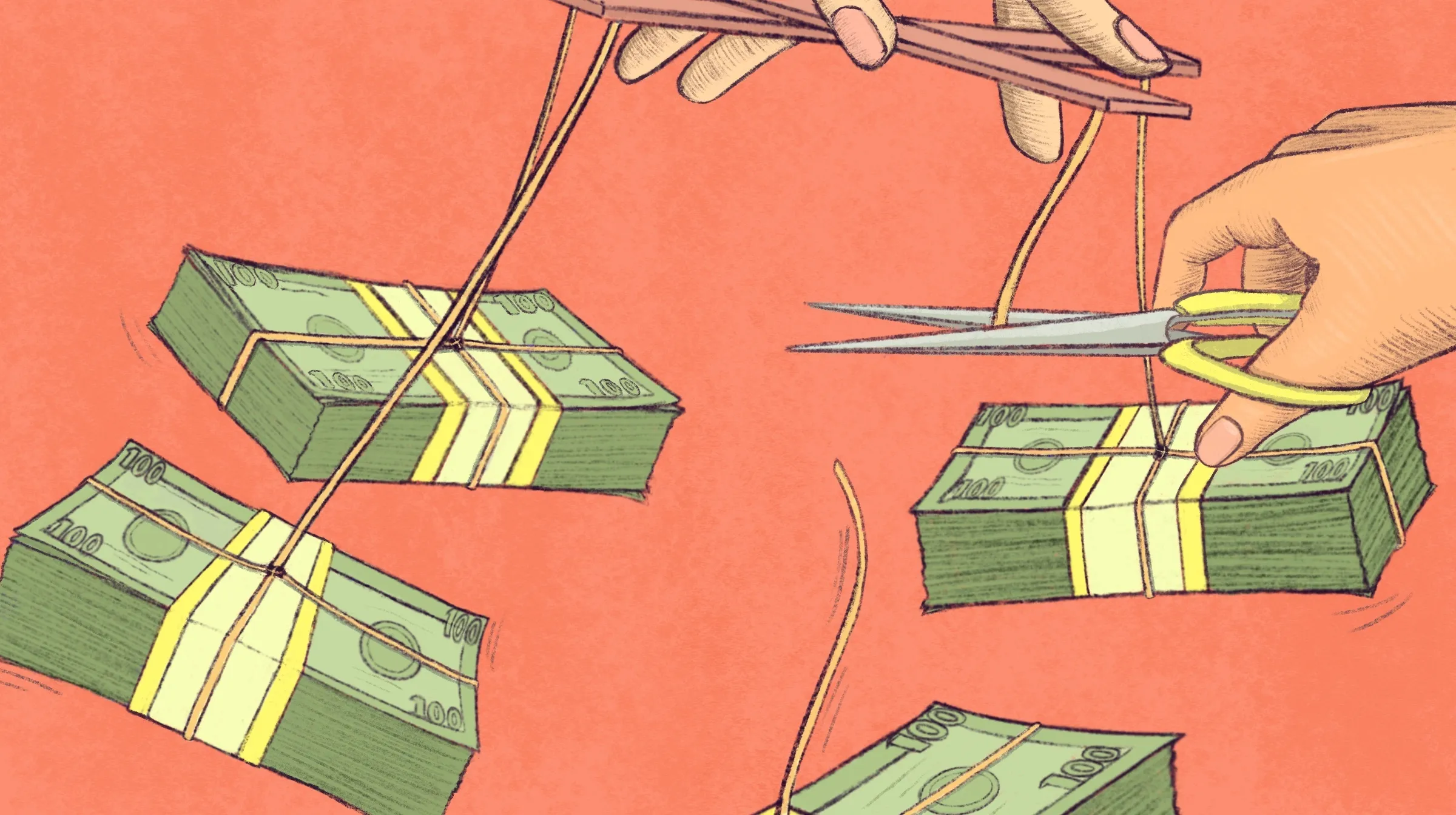
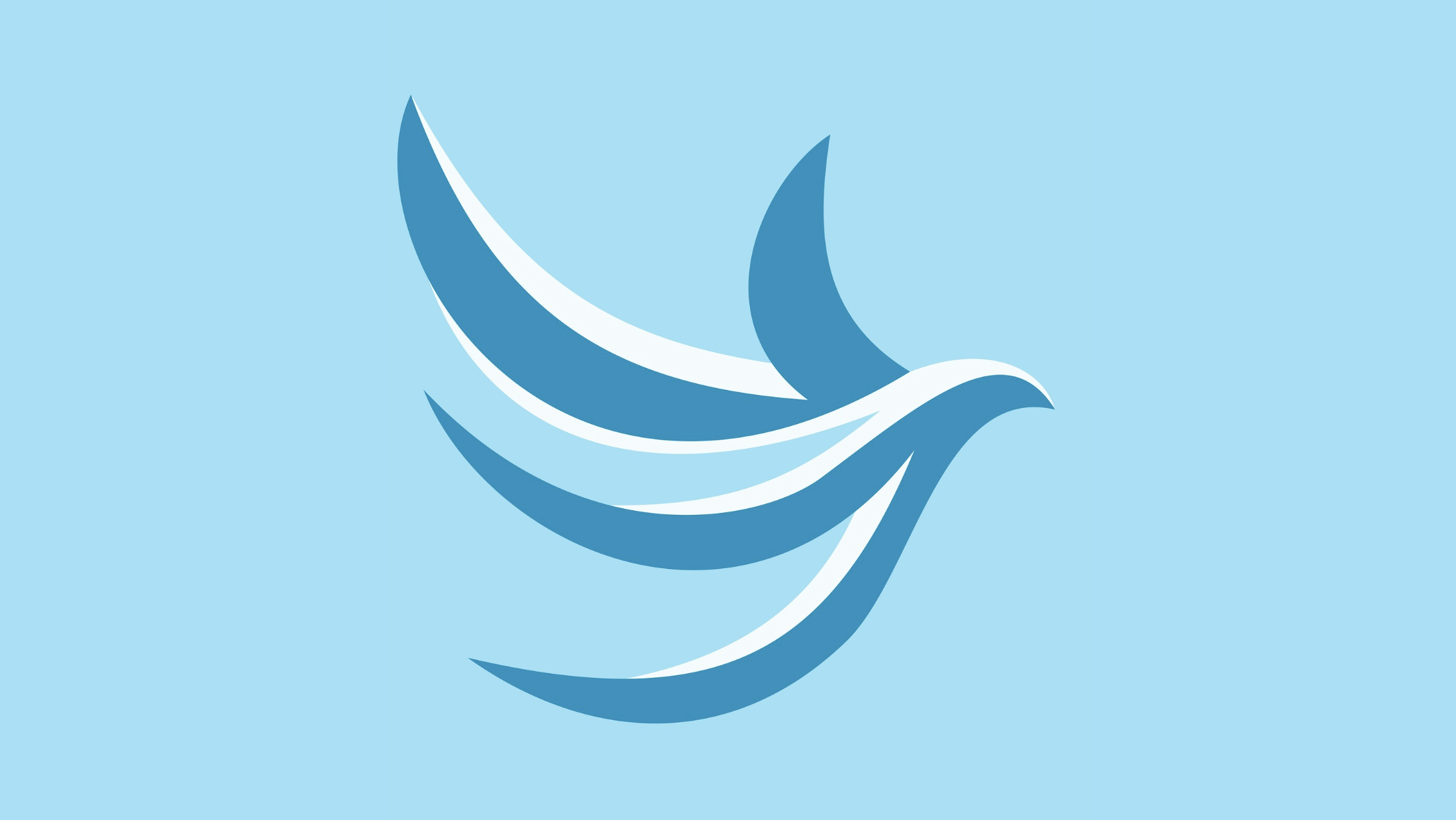

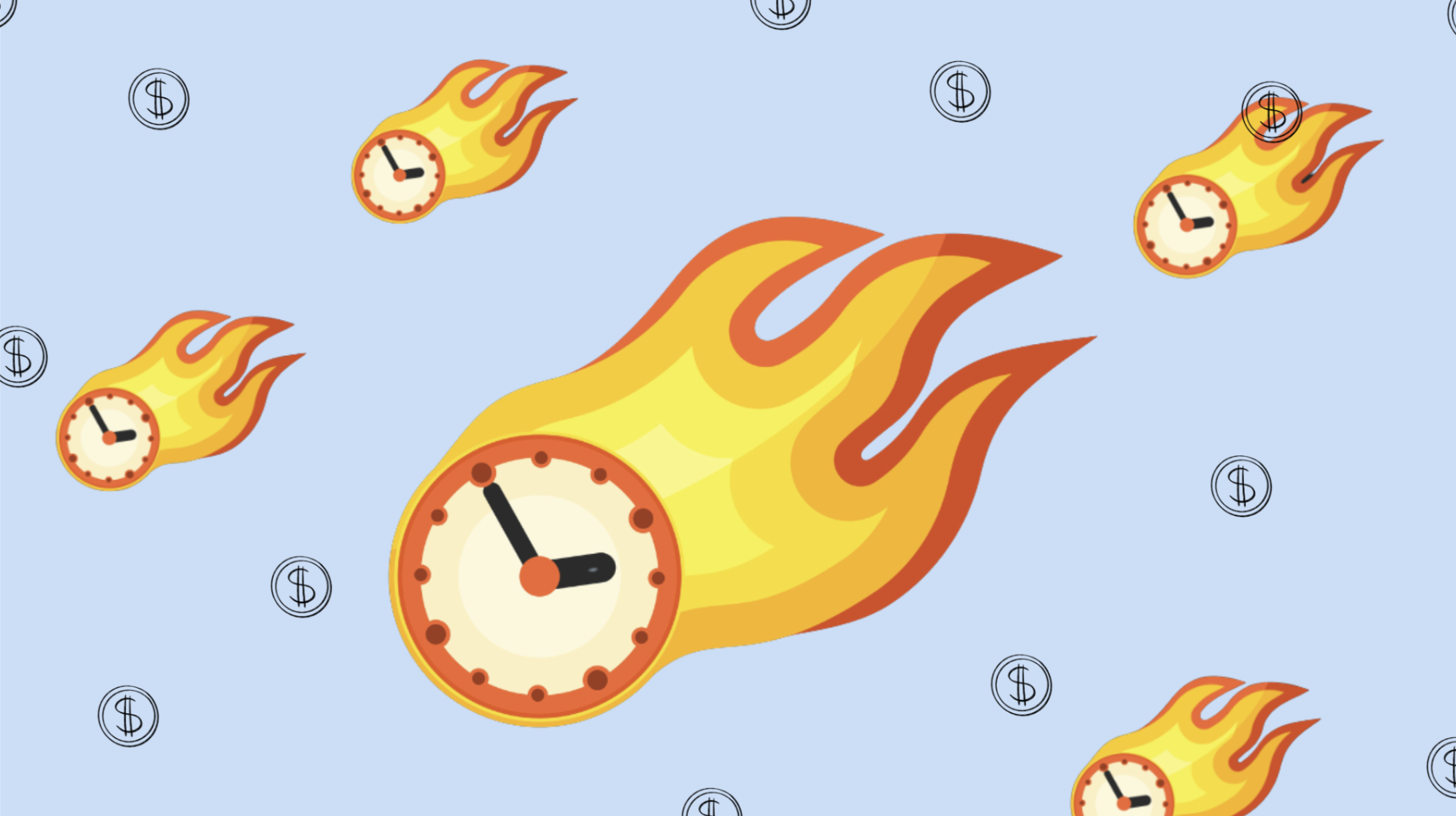
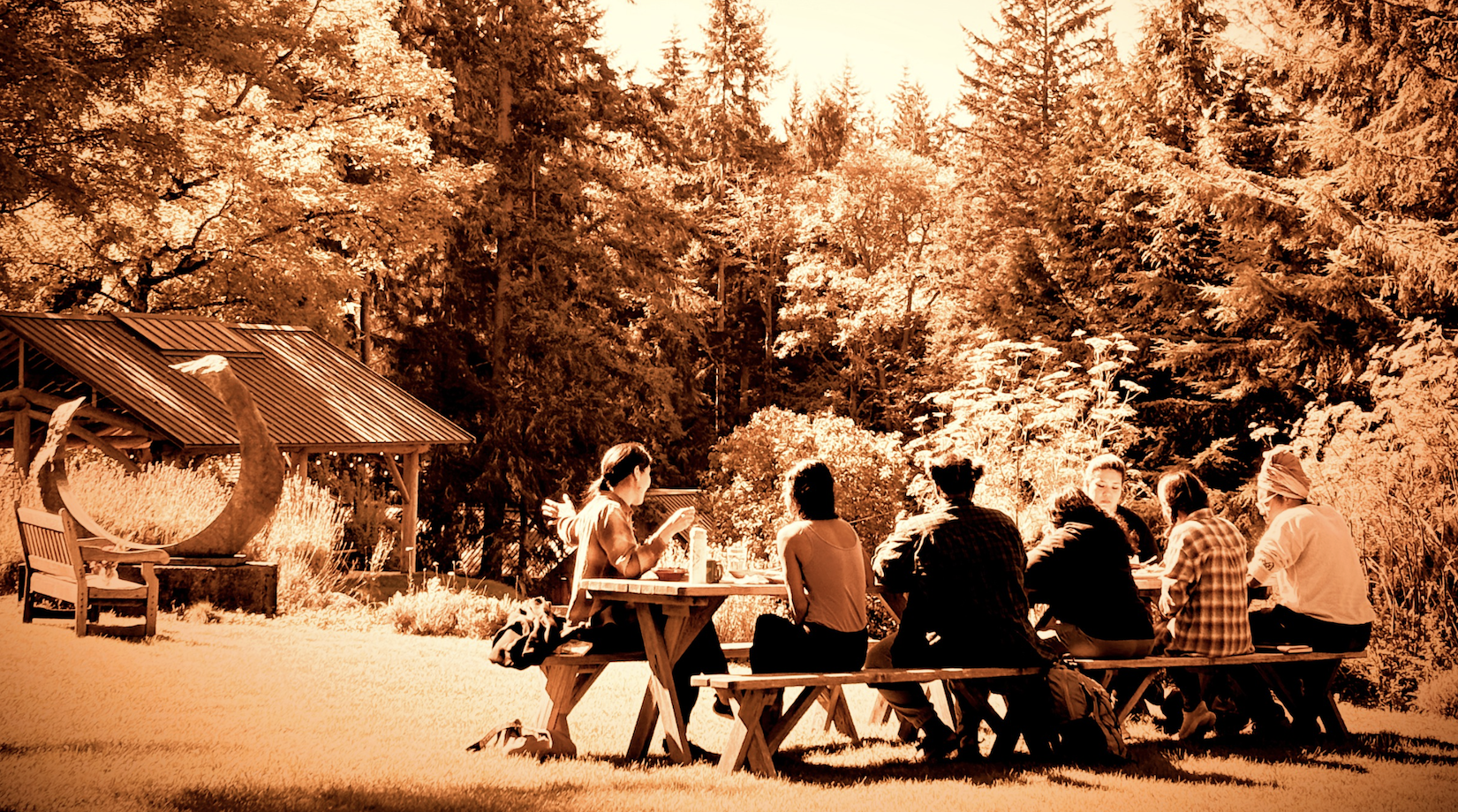
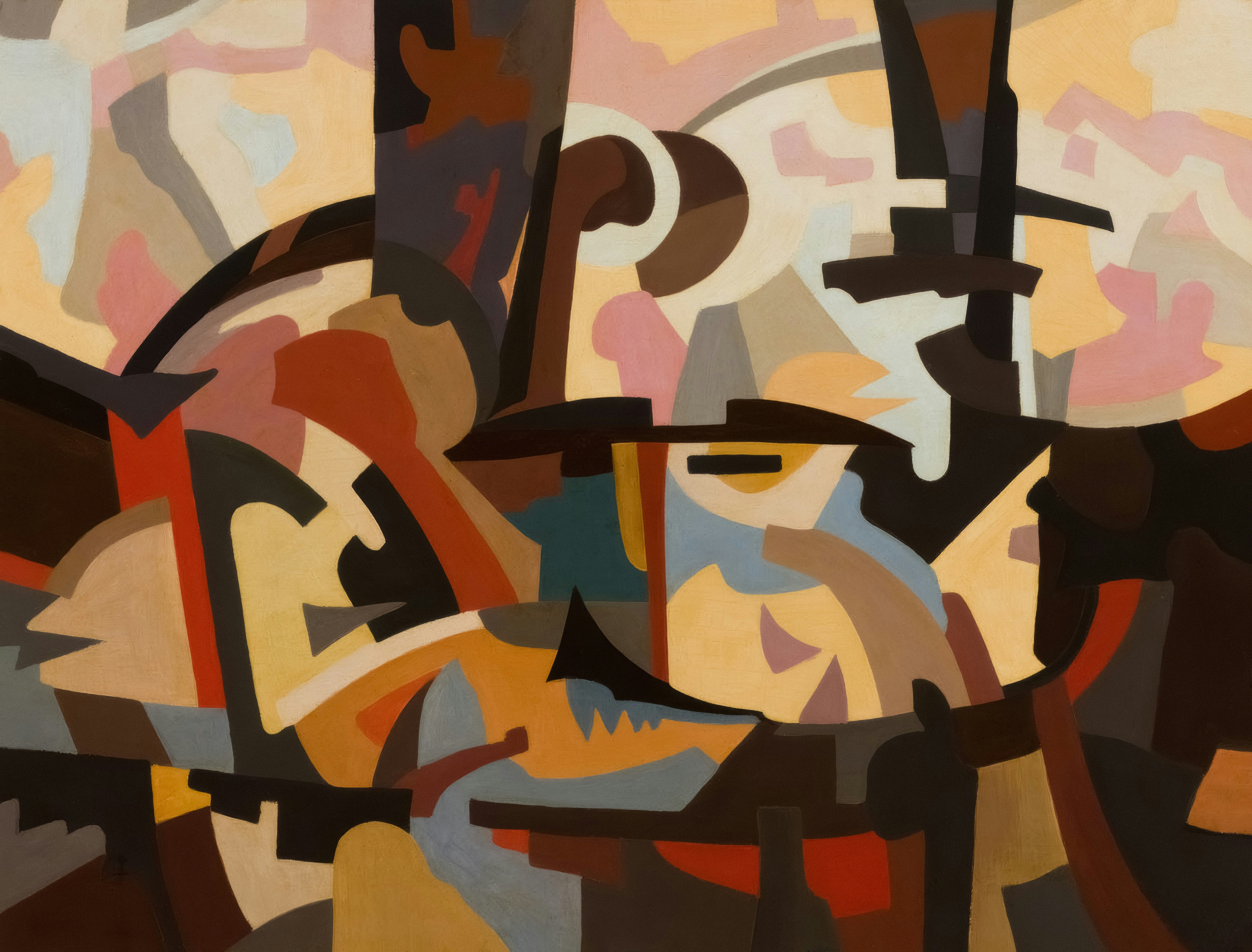
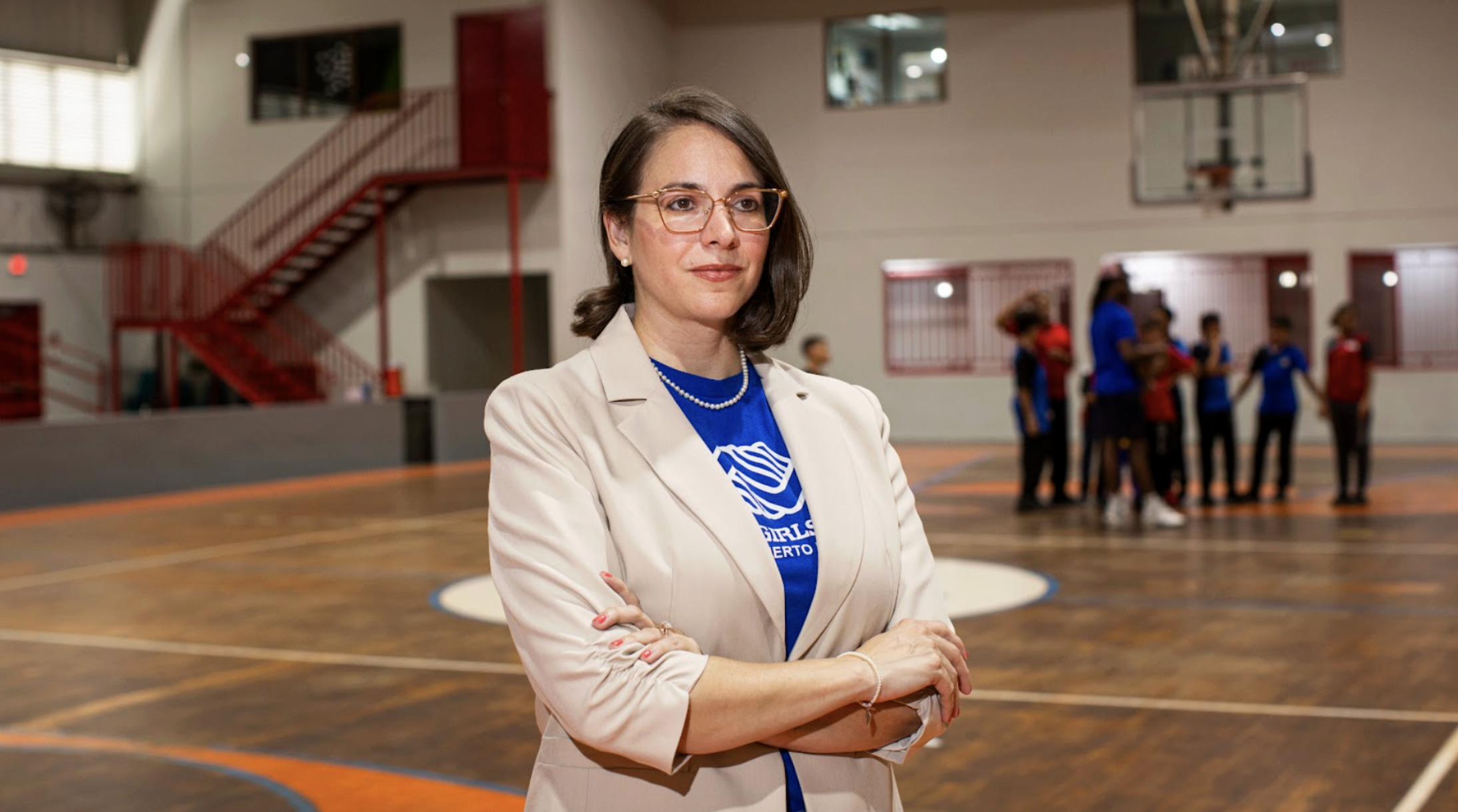
.webp)

.webp)
%20(1280%20x%20720%20px)%20(41)%202.webp)
%20(1280%20x%20720%20px)%20(38).webp)
%20(1280%20x%20720%20px)%20(31).png)


%20(1280%20x%20720%20px).webp)











.webp)






.webp)
.gif)
.webp)


.gif)






